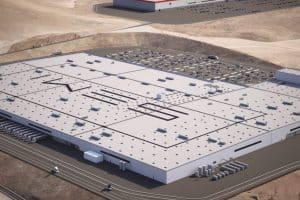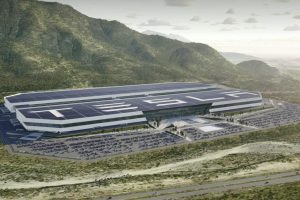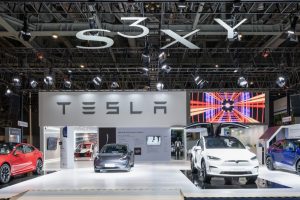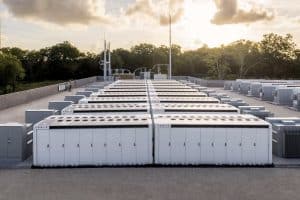A court filing on Tuesday revealed that Tesla CEO Elon Musk is seeking to end a 2018 consent decree with the SEC, which he claims is being used to “trample” his “First Amendment rights and to impose prior restraints on his speech.”
In the court filing, Musk explained that he entered into the consent decree with the SEC for the sake of Tesla’s survival. He also reiterated his stance that despite the controversy surrounding his 2018 “funding secured” saga, he never lied to shareholders. “I entered into the consent decree for the immediate survival of Tesla. I never lied to shareholders. I would never lie to shareholders,” Musk wrote.
Musk and the SEC have been butting heads since last month, following the Tesla CEO’s complaint to U.S. District Judge Alison Nathan. In a letter to the judge, Musk’s legal team alleged that the SEC is targeting Tesla and the CEO with an “unrelenting investigation” for criticizing the government. Musk’s team also alleged that the agency has been failing to distribute a $40 million penalty that Musk paid in 2018 to TSLA shareholders. Tesla and Musk asked for a court conference to discuss its complaints.
In late February, however, Judge Nathan denied the EV maker and CEO’s request, stating that it was not clear exactly what Tesla and Musk were asking for in their letter. The SEC also denied the allegations pushed by Musk’s legal team, with the agency stating that the distribution of the CEO and Tesla’s $40 million penalty to TSLA shareholders was taking long because the process was complex. The agency also noted that a plan to share and distribute the $40 million to TSLA shareholders should be ready this March 2022.
While the results of Musk’s efforts against the SEC remain to be seen, the CEO’s mention of “unrelenting investigations” may have some bearing. Last month, Tesla disclosed that it had received an SEC subpoena on November 16 that sought information about the company’s governance process, as well as its compliance with an SEC settlement it reached following Musk’s “funding secured” fiasco back in 2018.
Tesla’s settlement with the SEC in 2018 indicated that Tesla should establish some oversight of the CEO’s tweets and other material communications. The settlement, however, did not involve Musk admitting that he misled TSLA shareholders during his brief attempt at taking Tesla private.
Late last month, reports also emerged that the SEC was investigating both Elon Musk and his brother Kimbal over their sale of TSLA shares last year. The investigation is reportedly focused on whether Kimbal Musk had advanced knowledge of his brother’s intention to sell TSLA stock, which resulted in much volatility for the electric vehicle maker’s shares.





